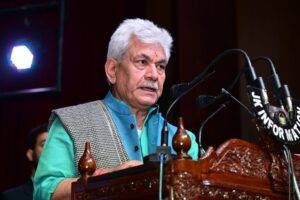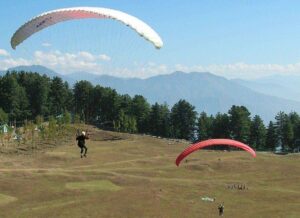Last Updated on November 2, 2020 at 7:07 pm
The Central Ministry of Home Affairs, the Ministry of Defence and the Jammu and Kashmir administration are soon likely to come up with a “Rehabilitation Policy” for militants in the UT.
Official sources have told that while developing the outline for the policy, the Union government has taken advice of top officials of the Indian Army, Jammu and Kashmir Police, Intelligence agencies and other security forces in order to better develop the policy.
According to the sources, this will be the first comprehensive Rehabilitation policy for the militants as advice of the intelligence agencies and security forces was considered. These agencies have been engaged in dealing with anti-militancy operations in Jammu and Kashmir, and especially Kashmir as Jammu region has comparatively very few militants.
The Rehabilitation policy is likely to be in the public domain as top officials of the Ministry of Defence are in talks with the Central Ministry of Home Affairs to make final changes. Sources say that the Rehabilitation Policy is likely to be centered around local militants and Over Ground Workers (OGWs) as the government is planning to discourage local youths and OGWs from militancy.
Sources say that most likely Rehabilitation Policy benefits will not be distributed to foreign militants involved in brutal crimes like killings.
“Government wants local militants and OGWs to surrender. In almost every encounter, local militants and OGWs are given the chance to surrender. Sometimes, even family members are taken to the encounter sites to persuade them to put down their weapons and live a normal life” intelligence sources said.
It is likely that the old policy of offering cash incentives, Fixed Deposit Receipts for arms and explosive devices handed by the militant at the time of surrender will be replaced by the new one. Cash incentives will be discouraged and other means like establishment of business units will take place.
In 1995, when the militancy in J&K was at its peak then the first policy of surrender was introduced by the government. That policy offered Rs 1.5 lakh, monthly stipend of Rs 1800 and some vocational training for those militants who chose to surrender. In 2004, the monthly stipend was increased to Rs 2,000.



